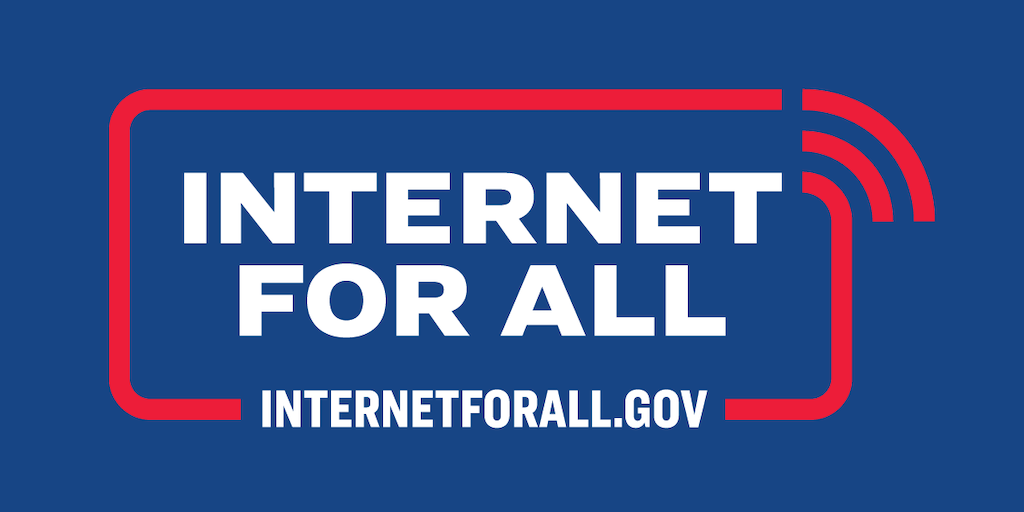States Interested in Infrastructure Money, Dish 5G Available to 20% of Americans, Big Tech Contribution to USF
39 states and territories have submitted letters of intent to participate in the NTIA’s Internet for All initiative.
Riley Haight

June 15, 2022 – The National Telecommunications and Information Administration said Wednesday that 39 states and territories have submitted letters of intent to participate in the Internet for All initiative, the agency’s program to deliver $42.5 billion in broadband infrastructure funds.
The announcement shows an increase in interest, as in May the NTIA said 34 states and territories said they were interested in the program.
The states that have sent letters include: Maine, West Virginia, Louisiana, Montana, New Hampshire, New Jersey, Alaska, American Samoa, Rhode Island, North Carolina, Hawaii, Mississippi, Colorado, Connecticut, Tennessee, Massachusetts, Nevada, Wisconsin, Alabama, Utah, Georgia, Puerto Rico, New York, Washington DC, North Dakota, Guam, Michigan, Oregon, Wyoming, Kentucky, Arkansas, Idaho, Pennsylvania, South Dakota, Ohio, Virginia, Maryland, the Virgin Islands and the Commonwealth of the Northern Mariana Islands.
The NTIA’s Internet for All programs launched three notices of funding opportunity: the main Broadband Equity, Access, and Deployment program, the Enabling Middle Mile Broadband Infrastructure Program with $1 billion, and State Digital Equity Planning Grant program, which grants $60 million.
Dish 5G now available to 20 percent of U.S. population
Dish Network said Wednesday that its 5G network is available to 20 percent of the U.S. population.
The service, called Project Genesis, is now available in more than 120 cities nationwide, the company said in a press release.
“This is an important step forward in our work to connect Americans to our Smart 5G network, but it’s only the beginning,” said John Swieringa, president and chief operating officer of Dish Wireless.
DISH’s main contributing partners on this include AWS, Cisco, CommScope, Dell, Fujitsu, Intel, JMA, Mavenir, Nokia, Oracle, Palo Alto, Qualcomm, Samsung, and VMware.
Think tank says Congress should require major web platforms to support Universal Service Fund
The Free State Foundation is urging Congress to reform the Universal Service Fund regime to include Big Tech contributions, according to a Tuesday post.
The Universal Service Fund provides basic telecommunications services to rural and low-income Americans, but its roughly $10-billion annual funding comes largely from voice services. services.
Observers have urged the FCC or Congress to make the fund more stable, including adding broadband revenues to the contribution base, forcing big technology platforms to pay, or have it come from general taxation.
The think tank said Congress should consider ideas discussed by FCC commissioners Brendan Carr and Nathan Simington to “expand the base of USF contributors by including web platforms like Amazon, Apple, Facebook, Google, Microsoft, and Twitter, that benefit most from nationwide broadband network availability.”
It also said, “Congress should promptly pass the FAIR Contributions Act – or similar legislation – that would authorize the Commission to recommend ways to expand the USF contribution base and ensure its financial sustainability.”









Member discussion